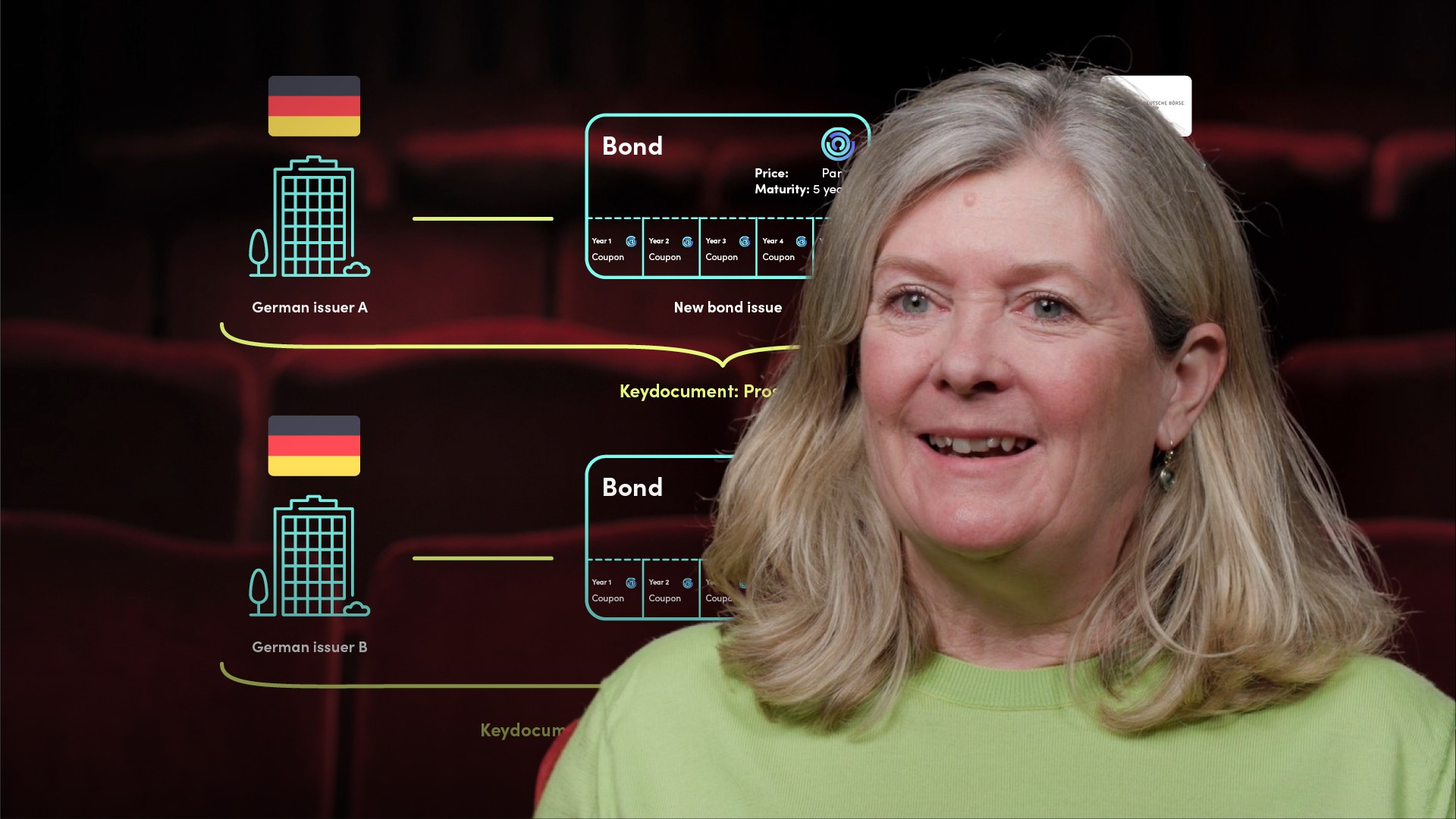
Further Considerations in Preparing a Prospectus

Kate Craven
35 years: Capital markets
In the last video on this two part video series Kate covered the contents of a Prospectus and why it might vary. In this video she will cover whether a Prospectus is always required, why investors might prefer a listing and the different types of listing. She will also take us through the responsibilities of issuers and underwriters with respect to the Prospectus and how the risks can be mitigated - as well as commenting upon the impact of Brexit.
In the last video on this two part video series Kate covered the contents of a Prospectus and why it might vary. In this video she will cover whether a Prospectus is always required, why investors might prefer a listing and the different types of listing. She will also take us through the responsibilities of issuers and underwriters with respect to the Prospectus and how the risks can be mitigated - as well as commenting upon the impact of Brexit.

Further Considerations in Preparing a Prospectus
12 mins 47 secs
Key learning objectives:
Identify an investor’s preferences regarding a prospectus
Learn why investors prefer a listing
Describe a Medium Term Note Programmes
Define Due diligence
Define a Subscription agreement
Overview:
Preparing the Prospectus is a collaborative process, involving the issuer, the underwriters and the listing venue – as well as the issuer’s legal advisors and auditors. It is critical to be familiar with the disclosure standards for various markets and products.
What are the exemptions from the requirement to prepare a prospectus?
There are some exemptions to the Prospectus Regulations requirement to prepare a prospectus, which include that:
- The offer is made to qualified investors only
- The offer is made to fewer than 150 persons per EEA state
- The minimum consideration paid is at least Euro 100,000
- The denominations are at least Euro 100,000
- The total consideration is not more than Euro 1,000,000
What are investor’s preferences regarding a prospectus?
Majority of the investors prefer their securities to have a listing. Investors are, on the whole, fairly neutral about where the bonds are listed. Equity offerings are usually listed on the company’s home stock exchange (e.g. Frankfurt or Tokyo) but may also be listed on additional international stock exchanges (such as New York) to make them attractive to investors in other jurisdictions. Bond offerings are rarely listed on multiple stock exchanges.
Why do investors prefer a listing?
It is frequently because their "investment mandate" clearly indicates that they will invest in publicly traded stocks. The investment mandate may also impose other criteria, such as only investing in:
- Investment grade securities
- Specific currencies
- Specific industry sectors
- Specific products
What is Due diligence?
The process of reviewing the prospectus to ensure that it contains all material information, and that, importantly, it does not omit any information, is known as due diligence.
What are the forms of Due diligence?
The forms of due diligence may involve:
- Meetings and/or interviews with key representatives of the issuer
- Third parties, such as auditors, who will review the prospectus and provide a comfort letter
What are ICMA’s recommendations on due diligence?
The ICMA recommendation states that:
- The appropriate level of due diligence to be performed in the context of each issue should be considered carefully.
- It is impossible to prescribe whether or what due diligence procedures would be appropriate in the circumstances of each issue, and procedures will vary greatly from issue to issue (depending, for example, on the type of securities being issued, the rights attached to those securities and the nature of the issuer and its business).
What is a Subscription agreement?
The Subscription agreement is the contract entered into by the issuer and the underwriters. It deals with the practicalities of the issuance of the bonds and how the underwriters will subscribe for the bonds, and sets out the respective roles and responsibilities of the parties.
In this important contractual document between the underwriters and the issuer, the issuer will give representations and warranties including confirmation of:
- The accuracy of the prospectus
- The accuracy of the financial information it includes
- The existence and good standing of the issuer
- The proper authorisation and the legality of the issue/notes
What is the impact of Brexit on the listing process and the rules applying to prospectus content?
At the moment, the UK Prospectus Regulation closely resembles the EU Prospectus Regulation. However, the EU is about to make some changes to the EU Prospectus Regulation under the Capital Markets Recovery Package. These changes are unlikely to have a significant impact for debt capital markets, but are the first example of divergence.The UK is currently conducting a “Listing Review” led by Lord Hill, which could result in some changes to the UK regime and the EU is due to review the Prospectus Regulation by July 2022. So over time we could start to see some divergence between the two regimes.

Kate Craven
There are no available Videos from "Kate Craven"

